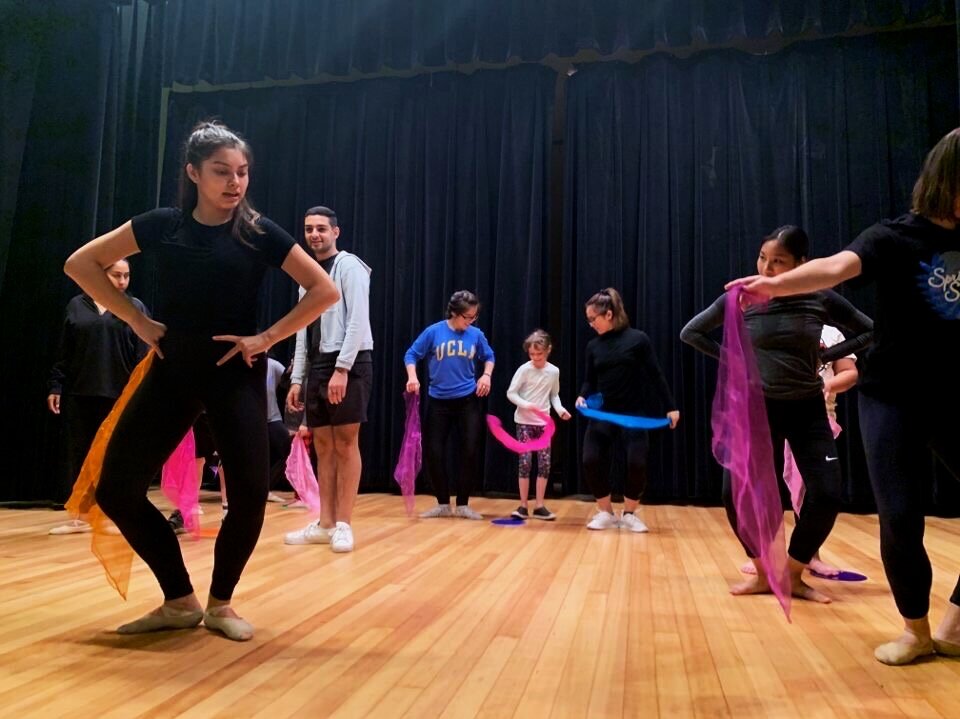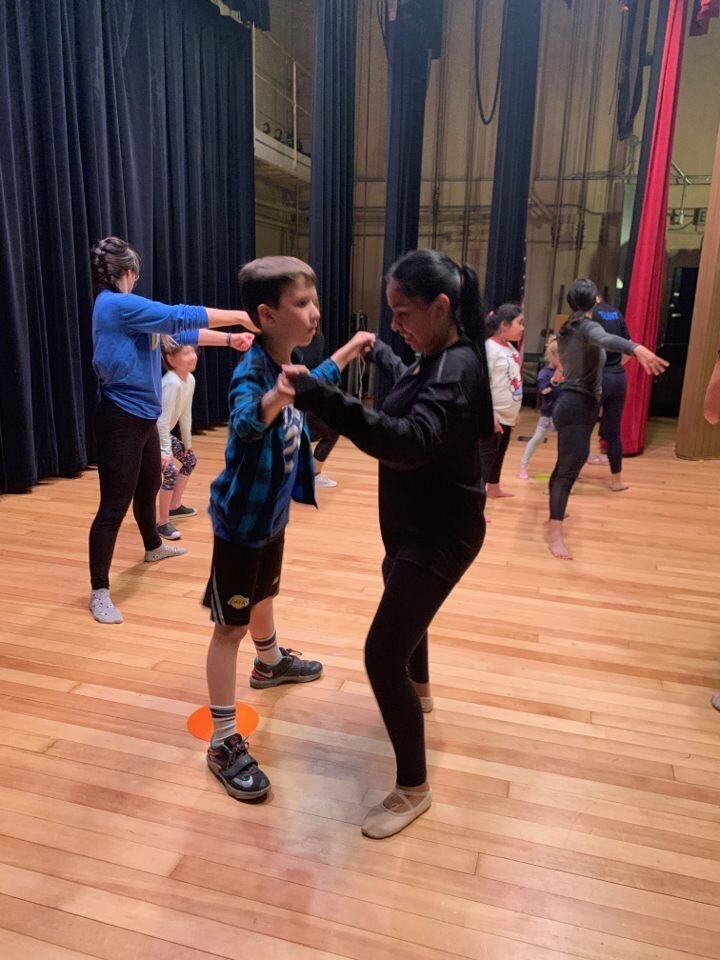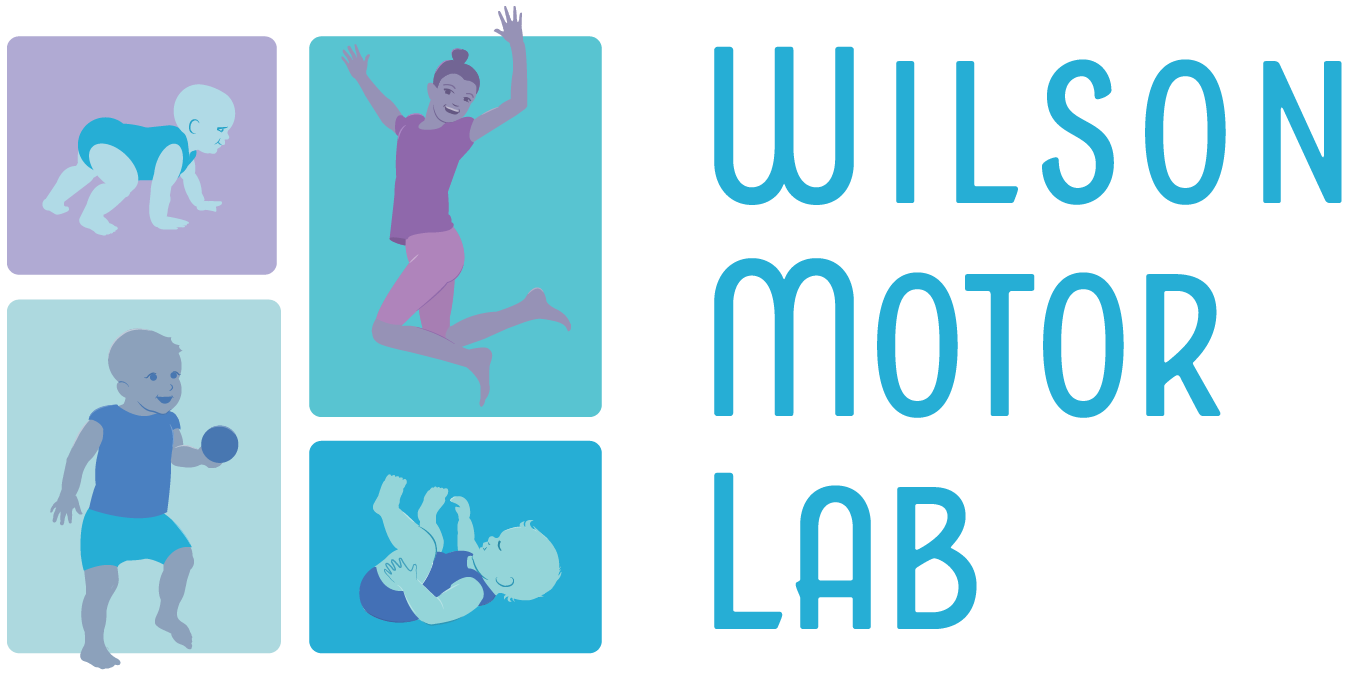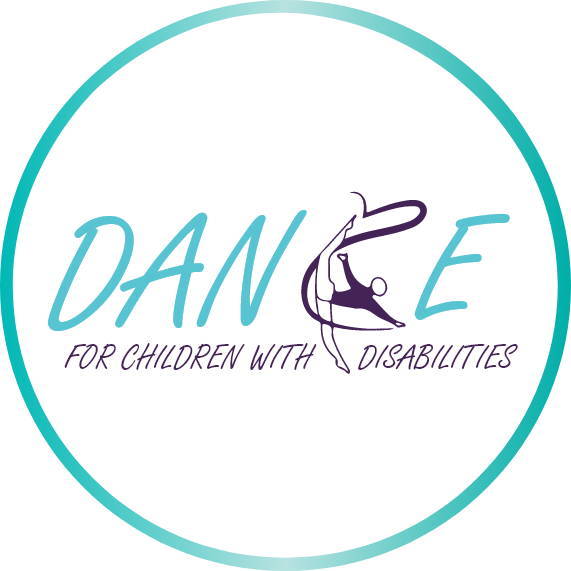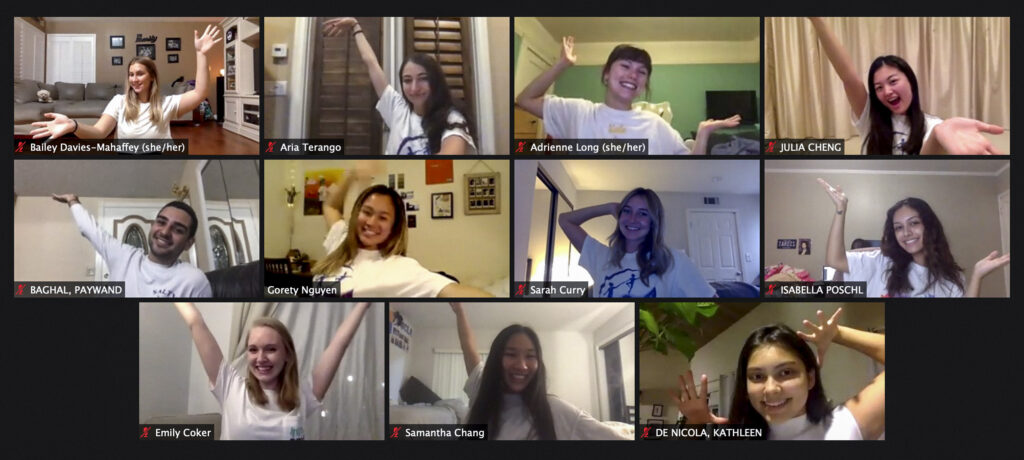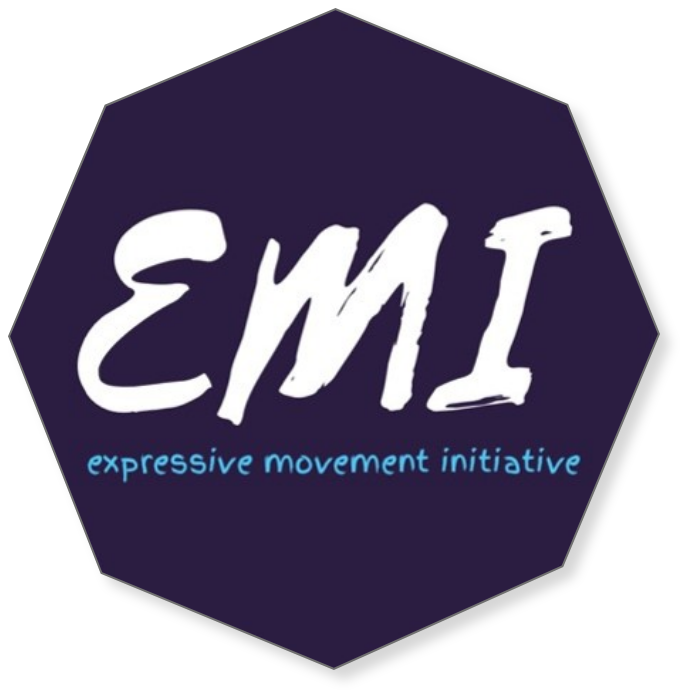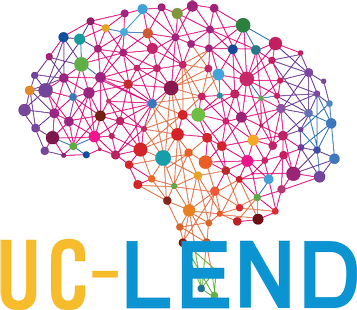Participating Children & Teens
Participating children and teens attend weekly one-hour dance classes over a period of 10 weeks. Dance classes are taught by volunteer dance teachers through the Expressive Movement Initiative (EMI) dance program at UCLA. Each participant is paired one-on-one with a dance teacher who modifies movements to accommodate your child’s unique needs and ability level.
Parents & Caregivers
Parents and caregivers will be asked to complete a battery of questionnaires and surveys at the beginning and end of the 10-week dance program.
